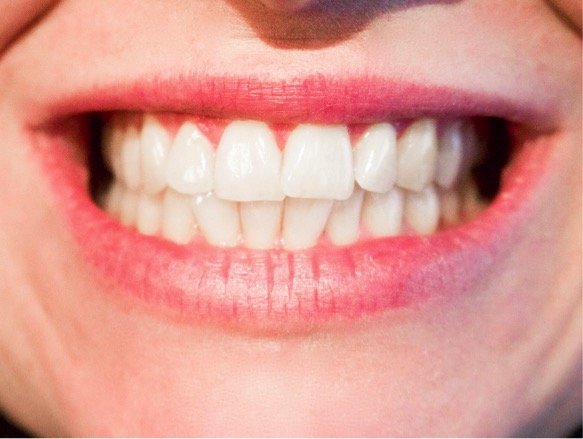The Truth about Stress and Gum Disease

Image Source: Pixabay
Can stress cause gum problems?
There’s a lot of misconception about the way stress can affect your oral health. The two seem totally unrelated and often people get major issues with their gums without realising the two can be directly correlated. The truth about stress and gum disease is that they often go hand in hand.
When you’re under stress and pushed for time, a full dental hygiene regime is usually the last thing on your mind. If you have a report due or you’re late to work, or you’re dealing with other troubles, you usually won't prioritise brushing for a full two minutes and flossing. This is one of the first ways stress can cause gum infections and issues, it distracts you from necessary routines. You really do need to make a ritual out of your dental care and really take the time you need to make sure everything is clean and healthy. In times of stress and anxiety, this routine can actually be a comfort, as you’re taking a few minutes to look after yourself which can do worlds of good to your attitude for the rest of the day.
There’s evidence that stress can cause canker sores or ulcers in your mouth. The reason why hasn’t yet been confirmed but they can cause major mouth and gum pains. Mouth sores due to stress usually recede in five to ten days, and there’s not much that can be done about them. Though, one thing you can do is wash your mouth out with salt. Salt helps fight the bacteria in your mouth due to the pH balance in its chemical makeup. This will keep your sores clean and safe from further infection. A variety of companies also make a variety of soothing gels that can be applied to the sores to help relieve pain.
Tooth grinding, also known as bruxism can occur because of stress in your day to day life. If you’re often stressed out, and you tend to wake up with clenched teeth, you may be a tooth grinder. Teeth grinding affects 10 to 15% of adults and is often caused by stress and anxiety. You can grind your teeth in your sleep, or consciously/unconsciously do it during the day. Although tooth grinding can cause serious damage to your teeth, it can also result in gum damage and receding gums. This is a big problem if left untreated, and you should pay a visit to your dentist. You may need to start wearing a mouthguard when you sleep and make an effort to keep your mouth slightly apart during the day until the underlying cause of your stress is addressed.
Gum infection may seem bad, but it is self-treatable in its early stages. Gum infection home remedies include making sure you’re brushing and flossing properly at least twice a day, taking vitamin c tablets (or consuming products with vitamin c) to help boost your immune system, and washing your mouth out with mouthwash in order to kill bacteria that’s hard to reach- there are certain over the counter mouthwashes you can use to fight gingivitis. Although these treatments help, it’s a good idea to consult a dentist if the problems persists. They can prescribe antibiotics, and assists you with any major problems.
When you’re stressed out, your immune system suffers. Being stressed out produces chemicals that can run your body into the ground it’s exposed to them for a long period of time. This leaves your body weak and open to bacteria and infections. So, if you’re struggling with oral health problems, are having issues with bleeding gums (a telltale sign of infection), are grinding your teeth, or getting canker sores, stress could be a major player in this. Make sure you make some time out to take care of yourself, de-stress, and enjoy yourself throughout the week. Your body will really thank you, and you may just find that your oral health problems start to recede.
More to Read:
Previous Posts:





